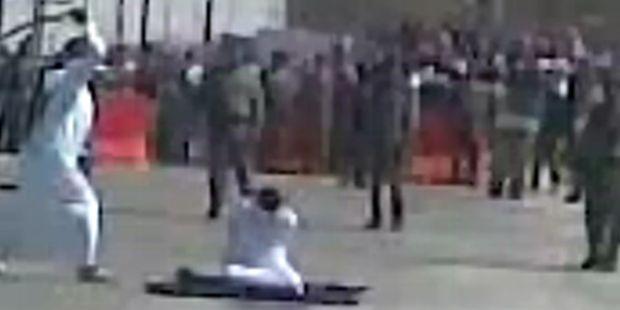Bahrain has turned into a country in which an activist can be thrown into jail for reading a poem that criticizes the country’s King, and in which doctors and nurses are put on trial for doing their job. I can hardly imagine what sentence opposition figures are facing for leading and participating in the demonstrations that took place in February and March. It is outrageous to see Bahraini authorities putting protesters, activists and medics before military courts, which Human Rights Watch appropriately called a Travesty of Justice.
Bahrain is also an important strategic partner to the United States, and home to the US Navy’s 5th Fleet. It’s therefore legitimate to ask if that’s the reason why there is so much silence from the US administration on the crackdown of the pro-reform movement. As a Washington Post Editorial last month formulated it: “The administration clearly is trying to protect the strategic relationship with Bahrain.”
We are now mobilizing the public to call on the US government to speak out more strongly about unfair trials in Bahrain, one week before the trial of opposition figures continues. It is especially crucial that the Unites States administration guarantees that a high level representative from the US embassy in Bahrain will attend the trial.
Join The Global Bahrain Twitter Action on June 15
Taking a cue from Arab Spring activists using social media, we will conduct a Twitter action tomorrow, June 15. We are calling on all social media activists to urge the US Department of State to end their double standard and protest more forcefully against unfair trials in Bahrain. Messages to the State Department will include:
Dear @statedept, pls ensure you observe trial of #bahrain opposition http://bit.ly/lXEzpH #feb14
Dear @statedept, pls protest unfair trial of #bahrain activists http://bit.ly/lXEzpH #feb14
The @statedept should observes trial of #bahrain opposition http://bit.ly/lXEzpH #feb14
The @statedept should protest unfair trial of #bahrain activists http://bit.ly/lXEzpH #feb14
You can just re-tweet our messages coming from @amnesty tomorrow. Feel free to adapt the tweets, but please stay on message and be polite. I will be collecting the most compelling tweets and plan to publish some of them on this blog (which we will also share with our contacts in the State Department), together with an update on our recent Bahrain actions.
SEE THE REST OF THIS POST








 The most recent indications for this silent acceptance of human rights violations include the (rather secret) meetings of high level US government officials
The most recent indications for this silent acceptance of human rights violations include the (rather secret) meetings of high level US government officials